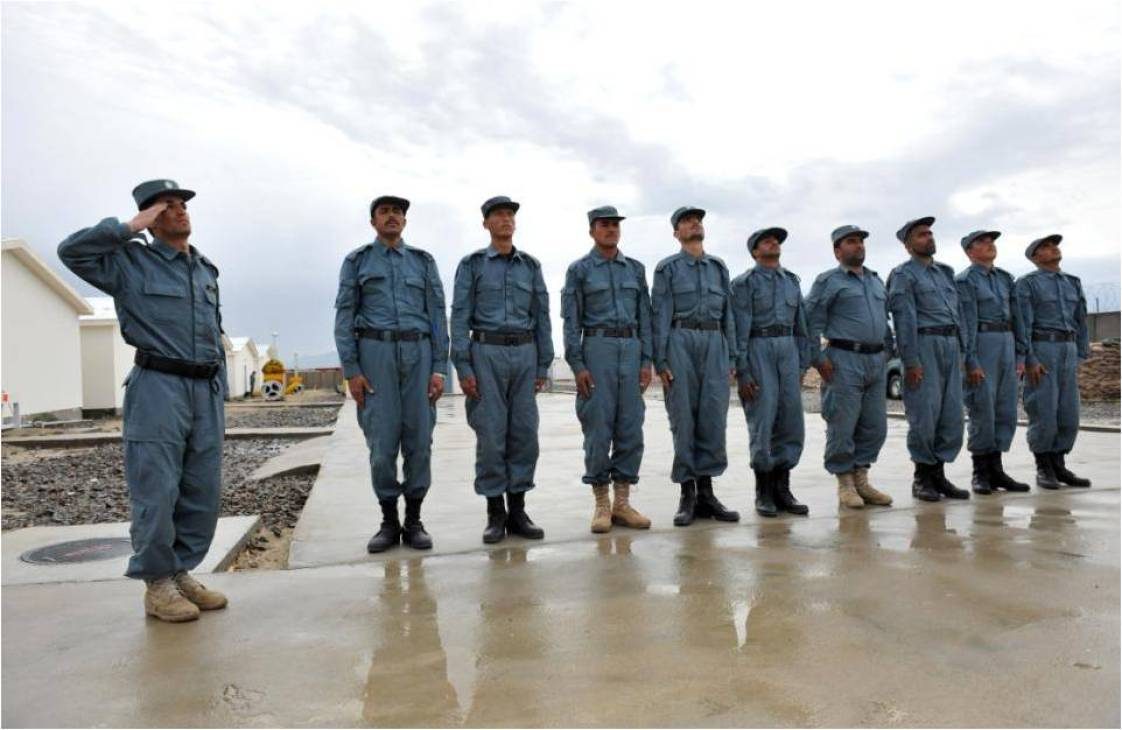H.E. Mohammad Ashraf Ghani
President of Islamic Republic of Afghanistan
July 03, 2016
Excellency,
On the eve of the Warsaw Summit that will help set the security path for Afghanistan through the so-called Transformation Decade, we are writing to respectfully call on you and your government to make reforms to combat corruption in the security sector an urgent priority.
The Afghan Government under your leadership has made real progress in the fight against corruption. The establishment of National Procurement Commission was an important step towards establishing much needed external oversight over the procurement system. Your transparency commitments made in the recent London Summit and the establishment of the Anti-Corruption Justice Center (ACJC) have also created new hope for both Afghans and the international community.
Nevertheless, much remains to be achieved, and the fight against corruption in the security sector is especially urgent. Up to fifty percent of some security units are reportedly composed of so-called ‘ghost soldiers’. Promotions are often based on nepotism or bribes, and supplies often do not reach units in the field. Field procurement especially is subject to fraud and kickbacks. Some high-ranking security personnel are alleged to be involved in narcotics, illegal mining, and illegal checkpoints. All of this hamstrings the Afghan forces and prevents them from creating a viable defense against the Taliban, Islamic State, Al Qaeda, transnational criminal networks, and a host of other malign actors.
In light of this, we propose the following benchmarks be incorporated as outcomes for the Warsaw Summit:
Internal Accountability: The MOI and MOD should ensure that audit, oversight and anti-corruption units are staffed by people of proven The recently established MOD internal accountability mechanisms should be further strengthened, and similar mechanisms should be created in the MOI. The relation between internal accountability mechanisms and the role of the Inspector General should be clarified. Above all, the government must show accountability where abuses are uncovered.
External Oversight and Transparency: The MOI and MOD should regularly and promptly publish relevant information and documents, including policies and strategies, audit results, and annual reports to enable civil society and the media to help uncover abuse as well as validate and give credit for reforms. As a short term benchmark, the anti-corruption plans for national defense and security strategies should be published prior to the Brussels Conference in October.
Personnel Management: Afghan law should be amended to standardize promotion practices in the MOD and MOI. The MOI and MOD should put in place a rigorous and transparent mechanism for appointments and promotions. Proposed senior appointments and promotions within the MOD and MOI should be published to make it possible for the civil society and media to respond to and help verify appointments.
Pay and Logistics: Transfer of salaries through bank accounts is only part of the solution to combatting so-called “ghost soldiers.” In addition to technological solutions such as mobile-banking and improved logistical tracking processes, the MOI and MOD should strengthen their internal audit capacity and investigative powers, to allow them to monitor violations related to attendance, pay, and logistics – this requires specialized human resources and expertise, the ability to subpoena documents and testimony, the independence of these oversight bodies, and dedicated funding for these units.
Anti-Corruption Justice Center & Prosecutions: Stronger and more transparent responses to corruption involving police and defense leadership are needed. Prosecution of senior defense and security officials will set the tone and build support for the government forces and start to show the government is committed in tackling pervasive impunity. The Anti-Corruption Justice Centre should prioritize major cases related to security and defense officials.
Procurement: As part of larger procurement reforms, contracts should be publicly tendered, and the law should require that they are published as a condition of their coming into force. While there are some circumstances where at least some details could be withheld, such as where disclosure could cause grave danger to Afghan forces, their international partners, and overall strategy and missions, there should be a presumption towards disclosure, with narrowly defined exceptions and a requirement to publicly justify any decision to withhold publication.
Training: Integrate corruption issues into the training curriculum of police and soldiers. The Afghan armed forces have seconded officers to Transparency International where they built a bespoke Building Integrity course. Build on and step up integrity trainings taking place at the National Defense University and National Police Academy, and ensure integrity building and human rights training are central to career progression of police and defense officials.
Securing Afghanistan’s Economic Assets: As part of a larger strategy to secure Afghanistan, the Afghan government and its international partners should create and implement detailed plans to secure the assets that are key to the licit Afghan economy, including major road networks, mining sites, oil facilities, pipelines, and electrical grids. As part of this strategy, the Afghan government should consider creating units of specially vetted and trained police forces, subject to exceptional accountability and oversight, to guard the most important sites and wrest them away from malign actors who use them for their own benefit. Sectors most prone to abuse, such as counter-narcotics and mining, should be a priority for transparency and reform.
We warmly thank you for your consideration of these proposals, and stand ready to support your efforts and to contribute to the fight against corruption in the Afghan security and defense sector.
Sincerely yours,
Civil Society Letter to President Ghani to Fight Corruption in Defense and Security Sector
Recent News |


